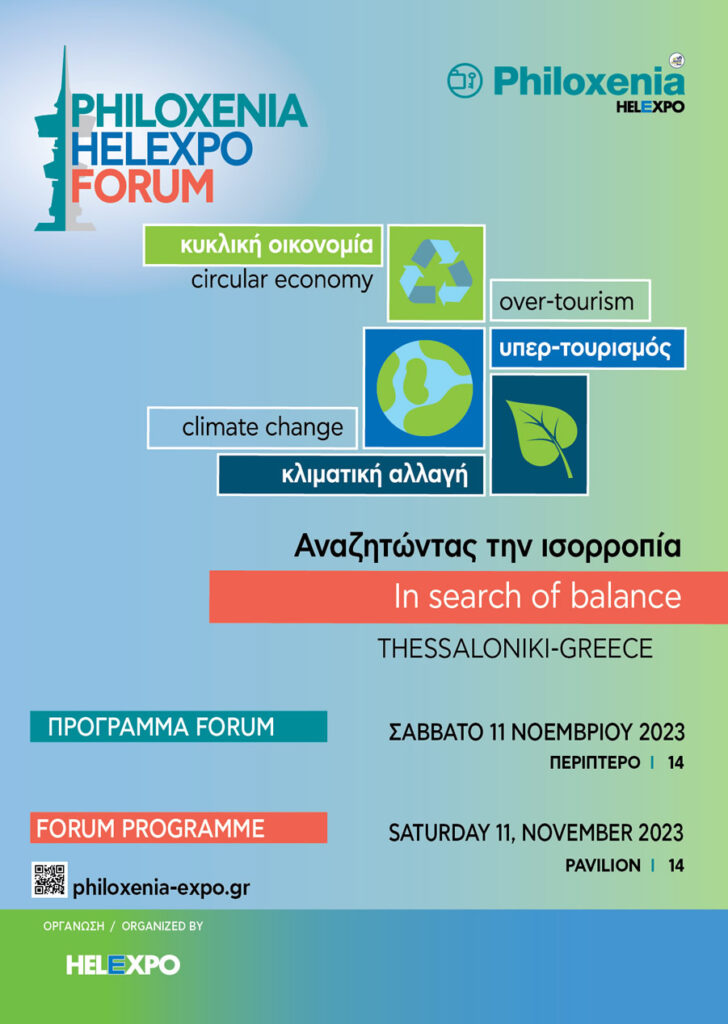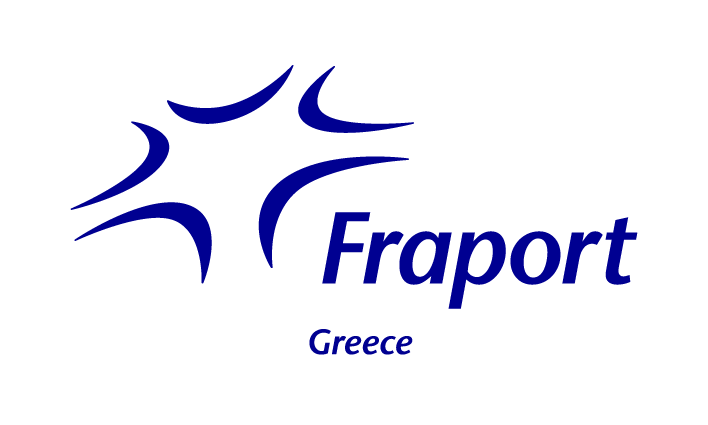Live streaming
A few words on the subject
The growth of tourism in recent decades has been accompanied by the concentration of tourist flow in particular regions, causing overcrowding and problems for the tourist destinations, as well as environmental sustainability issues.
Growing tourism has significant environmental impacts, often leaving a negative mark on destinations. Besides the use of land and facilities required, there is an increase in demand for water, energy, and food resources, which, however, overall, produce a large quantity of waste (solid waste and refuse). At the same time, traffic congestion and atmospheric pollution is caused at the expense of the natural environment, with multiple CO2 emissions.
This excessive tourism growth produced in recent years the concept of “overtourism”, a term that attempts to highlight the continuously increasing problems arising and concerning the management of tourist destination resources, their relationships with airlines (increased air pollution), and the technological developments that are now shaping a new landscape in tourism.
The issue of overtourism must be approached holistically: through the utilisation of a circular business model that will lead to systemic transformation, minimising the ecological and environmental impact of economic activity on areas that are over-encumbered by tourism, taking into account the impacts of climate change on tourism products.
The goal of the PHILOXENIA FORUM is to create a real dialogue between experts on tourism and its political representatives, in order to provide for the right measures and procedures for the sustainable development of the tourism industry in Greece, and to answer timely questions in that regard.
- Is Overtourism really an issue and how can it be dealt with?
- What are the multifaceted impacts of climate change on the tourism industry?
- How can the model of circular economy be implemented on the tourism sector?





